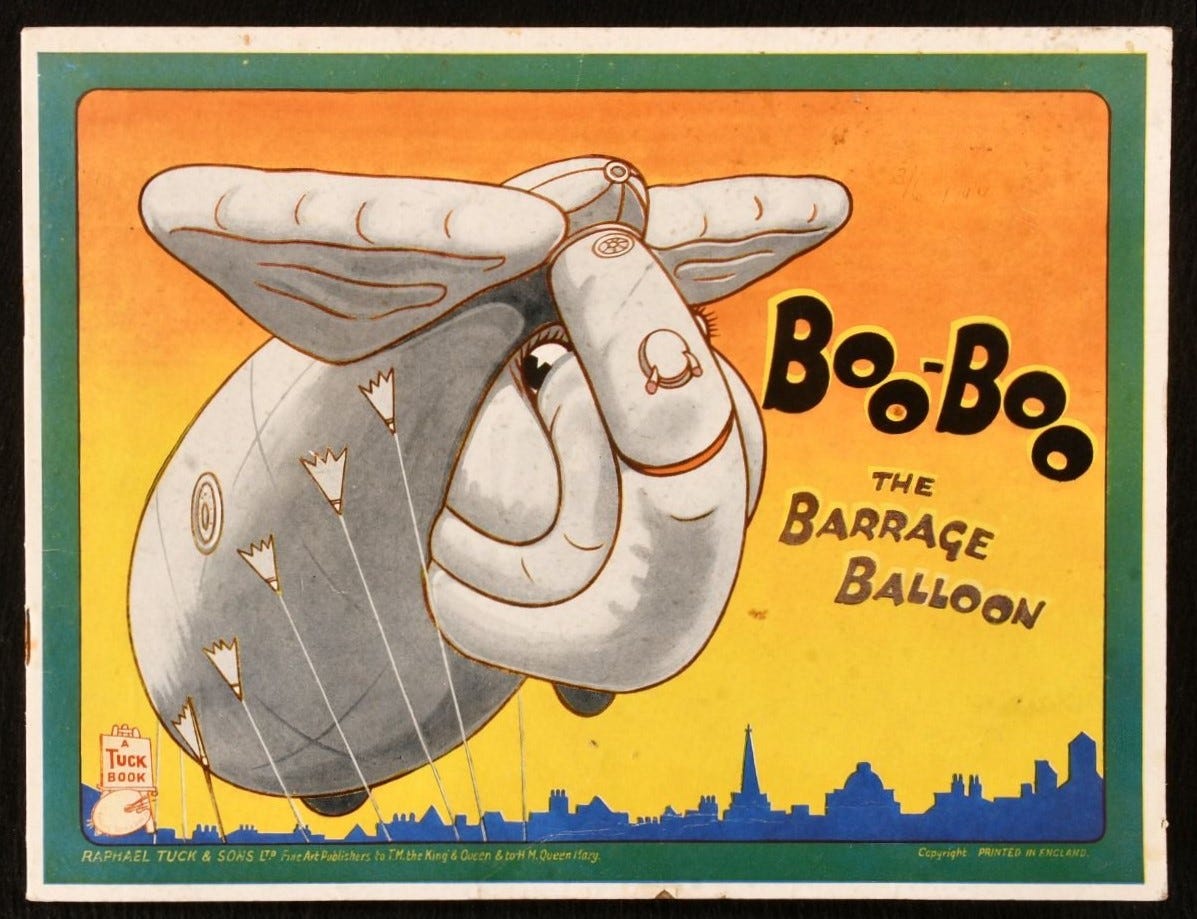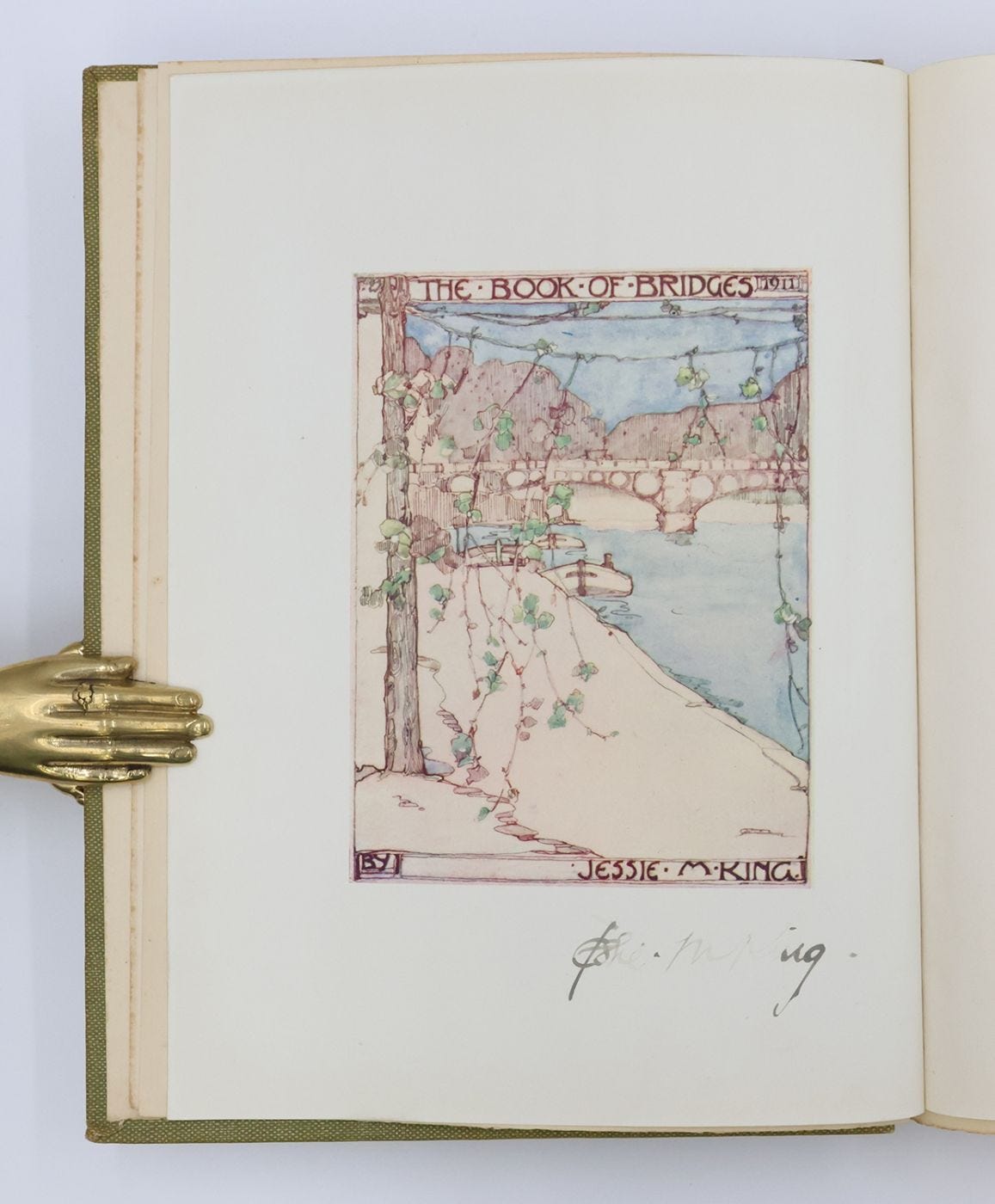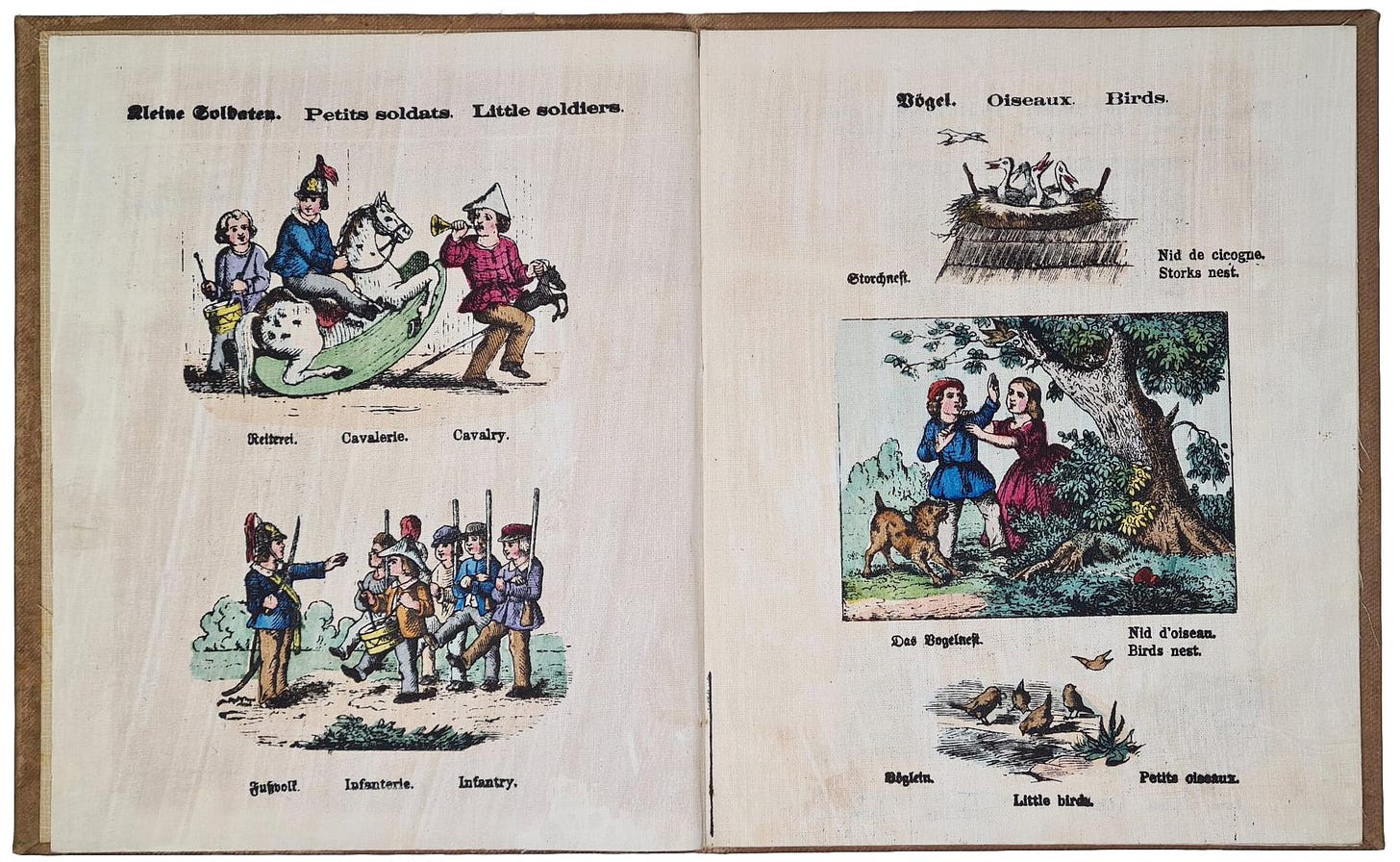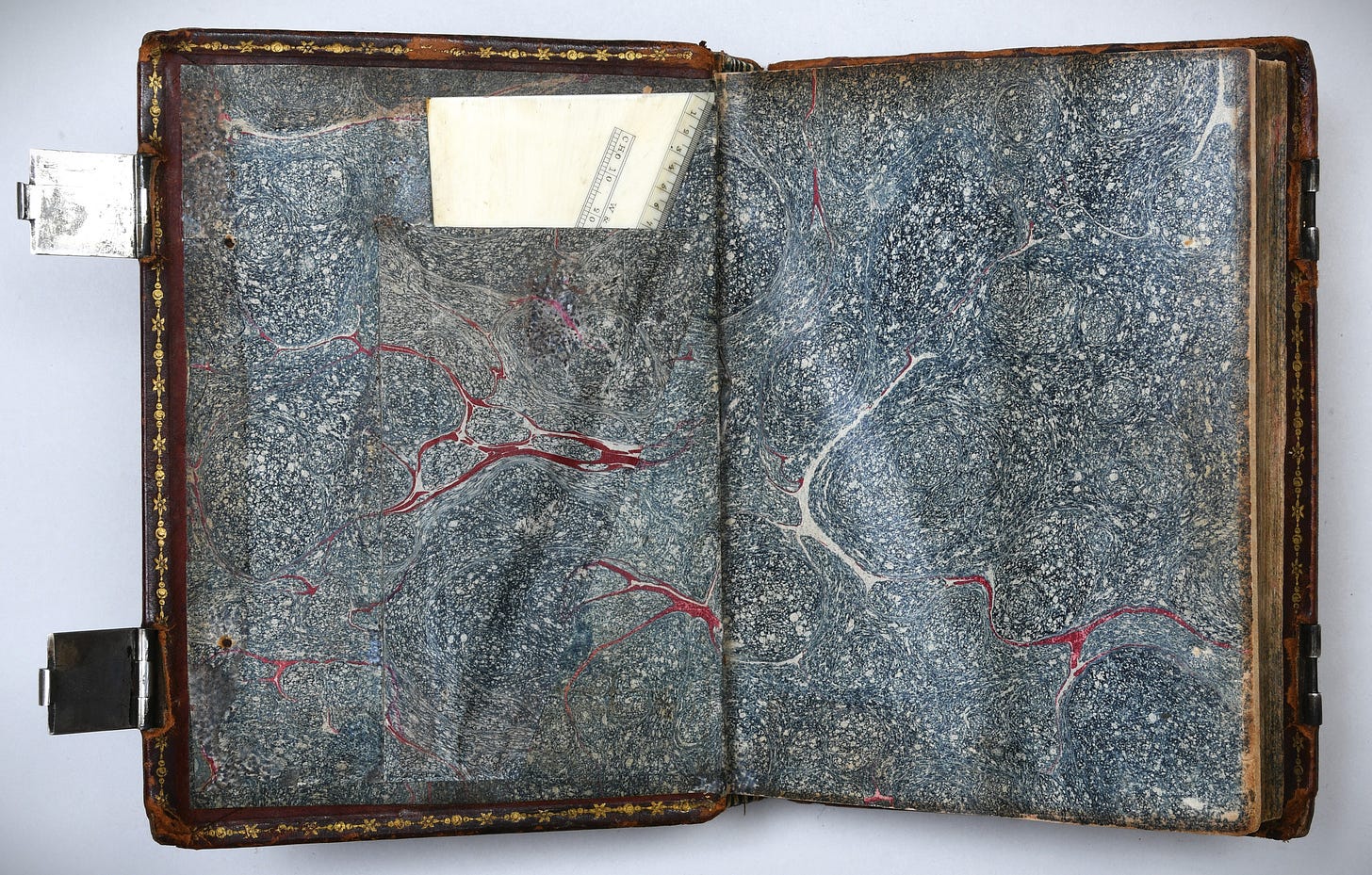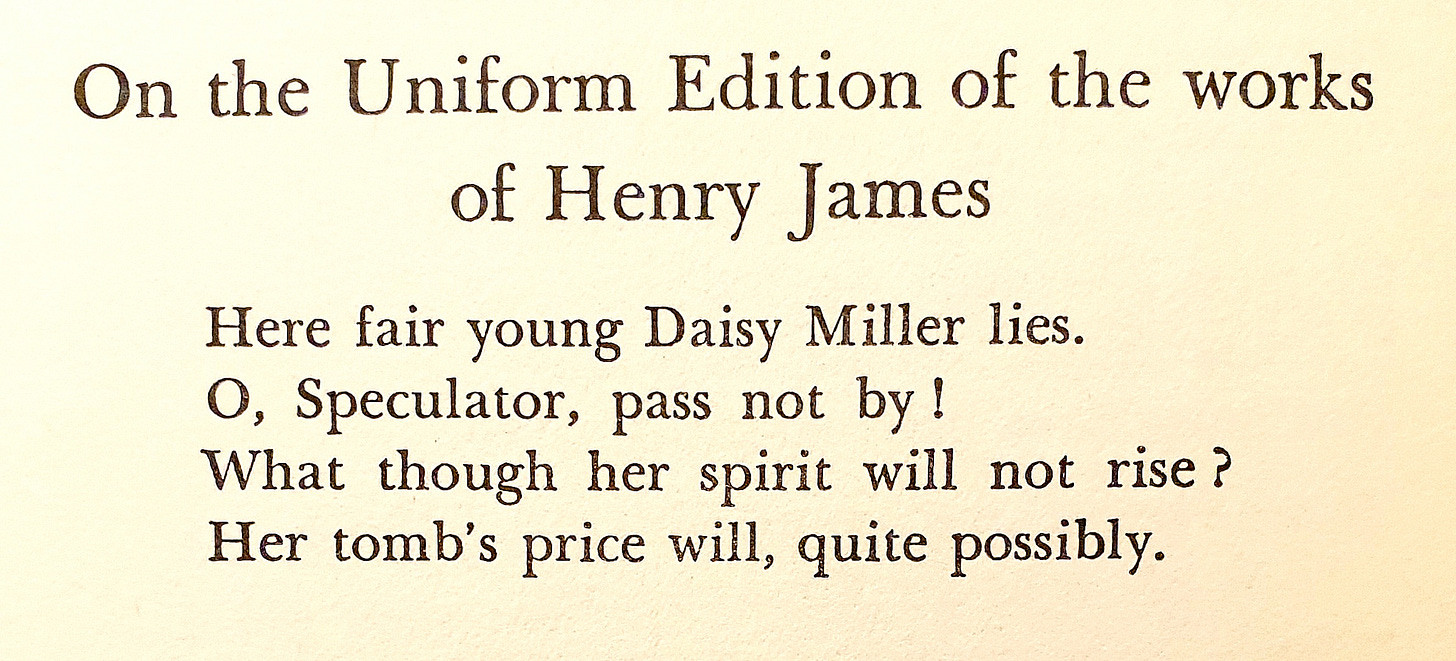People collect books and the like for all kinds of reasons. Or so I hear. During yesterday’s second Panizzi lecture, Henry Woudhuysen said that the eighteenth-century antiquarian saw collecting old books, naturally enough, as a “work of scholarship”. But then he also mentioned a gentleman who apparently bought up multiple copies of a book in order to destroy all but one of them – very possessively, he would then own the one surviving copy.
Here’s a first Bibliomania miscellany for you – a selection of new and notable items currently on offer; an exercise in virtual window-shopping – that I hope will be of interest whether your motivation is pure scholarship, pure possessiveness, or even, you know, somewhere between the two. (Why do you collect books, by the way, if you do?)
“With love, Germaine Greer”
Germaine Greer, signed portrait photograph (c.1989), £85
Peter Grogan’s new list, “Images of Authors”, runs from an inscribed publicity photo of Alan Ayckbourn with a cat balancing on his shoulders (£50) to an unusual version of one of Sarony’s Oscar Wilde portraits (£150). Somewhere in the middle comes this signed snap of Germaine Greer in her garden (burying one of her enemies?); the veteran portrait photographer Graham Harrison took it for Country Living magazine. Contact peter at petergrogan.com if for more information or if you’re interested in seeing the list in full.
Do mention the war?
[Anon.], Boo-Boo the Barrage Balloon (London: Raphael Tuck & Sons, 1943), £295
This children’s book from the Second World War is a rare sighting out in the wild; the Book Collector last mentioned a copy for sale in 2008. As Rooke Books suggests on their website, the book’s purpose was to comfort children – presumably those children who looked up and saw these vast pale objects quietly haunting the London sky. It has scientists taking inspiration from the elephants in the zoo for their design. Boo-Boo is “proud and happy” when he takes down an enemy plane, and, in retirement, relaxes by smoking his pipe and contemplating the medal affixed – but presumably not pinned – to his torso.
King of Paris
Edme Arcambeau, The Book of Bridges (London: Gowand and Gray, 1911), £850
You could get hold of this beautiful Art Nouveau book for less than the sum Lucius Books is asking (for under £400, say); but it won’t be this “superb fine copy” signed by the illustrator, Jessie M. King (1875–1949). (King designed bookplates, jewellery and even a door, it seems; but maybe these are her only bridges.) This English edition predates the French one, published the following year in conjunction with A. Perche, despite the fact that the bridges in question are Parisian. This copy is “complete with lettered tissue-guards” and extremities “only very lightly rubbed”.
Indestructible (for infants)
Peter Carl Geissler, Child’s Own Book (Nuremburg: Geissler, c.1840s), £2,500
Simon Beattie’s sumptuous list for the most recent Boston International Antiquarian Book Fair includes this small book of hand-coloured illustrations, sixteen pages long, printed on cloth with a readership of very young readers in mind. This first edition may be the first of its kind (and is scarce enough not to be found in the Cotsen Children’s Library). It’s around this time, I think, that books for children were also issued in wooden boxes, in a comparable attempt to make them last more than one day. Geissler (1802–1872) was a specialist in illustration for children’s books who, as Beattie points out, possibly had the export market in mind when he furnished this book with its German, French and English text; see above for a solidly nineteenth-century vision of what little boys and girls get up to when furnished with mock-military gear or playing near birds’ nests.
Sic itur ad astra
Henry Ferdinand Pelerin, Astronomical manuscript ([London], 1811–[c.1814]), £17,500
Astronomical manuscripts are a formidable and distinct category in the book trade, it seems, especially manuscripts of earlier centuries. Peter Harrington currently have a “meticulously constructed scientific notebook” of the early nineteenth century, compiled by Henry Ferdinand Pelerin (c.1772– 1825), a merchant or insurance broker who may have gone bankrupt around the time he was working on this notebook. Adorned with hand-coloured illustrations and, as pictured, a pocket built into the front pastedown to accommodate Pelerin’s bone set square, the manuscript records “Astronomical Problems” yet to be solved, and shows what was known at the time about sunspots, comets and lunar craters. It was sold at auction a few years ago – and here it is again.
Last Saturday I found myself out of London, with a moment to check in on a certain bookshop just off Lower High Street in Cheltenham Spa. (There’s nothing especially awry about Cheltenham’s Lower High Street, by the way, but it’s not the flowery part of town that tends to be deployed by the local tourist board.) You, O fellow bibliomaniac, can imagine the shock when I turned the corner of the road to see the windows empty of stock and the whole shop-floor beyond it suffering from an absolute denudation.
Another one gone, I bitterly cried out. Another harmless pleasure destroyed . . .
Actually, Moss Books (est. 1992) had simply moved around the corner – as a bright green poster in the window clearly indicated – from Henrietta Street to St George’s Place. That’s about 120 yards.
The old shop, apparently vacated a little while ago, had been properly higgledy-piggledy, offering a large general stock across the two floors. I vaguely recollect a caving-in ceiling in one room, a wall of Folios (downstairs), a wall of manga (upstairs) and literary biography and criticism shelved two deep on both the shelves and the floor.
The arrangements at Moss’s new place, confined to one floor, are still taking shape; they seem a little more orderly while retaining something of that agreeably convoluted air. I go looking there expecting to find the odd item of interest, and came away with a signed first edition of The Scenic Route (Oxford: Oxford University Press, 1974) by Fleur Adcock and Max in Verse: Rhymes and parodies by Max Beerbohm (London: Heinemann, 1964), collected and annotated by J. G. Riewald. (A thrillingly trivial oddity: the subtitle on the title page of this book refers to Rhymes and parodies but the mostly well-preserved jacket of this copy refers to Parodies and rhymes.) Total cost: £8.
From Max in Verse, I quote just one of his waggish biblio-quatrains about his contemporaries:
By contrast:
The following day, back in London, I walked over to Occasional Books in Streatham Vale, only to find that the stock really was being packed up and the shop closed. (The shop and its immediate neighbours have been sold to a property developer, I gather; after one last hurrah, this weekend, the stock is destined for World of Books.) With its excellent abundance of LPs and comics as well as plenty of dusty paperbacks, Occasional Books has been a decent spot for idling away a little time over the past few years. I was given one last discount for paying in cash, and went off clutching a couple of their slightly less care-worn paperbacks.






